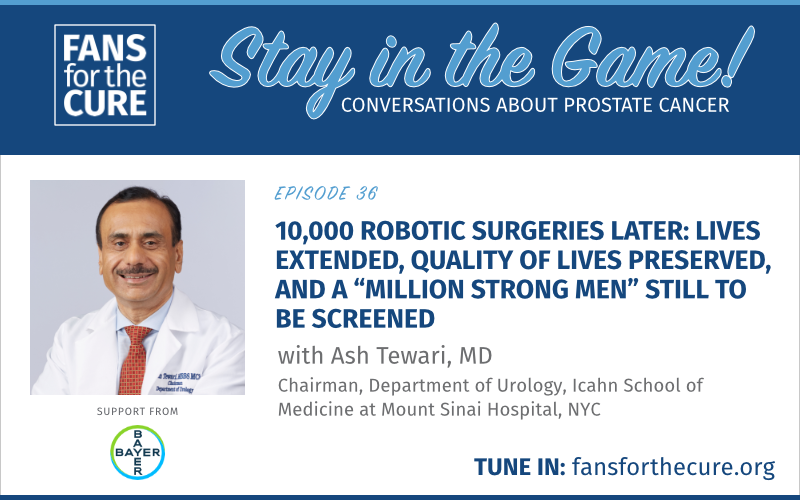Two professors from the University of Pennsylvania have begun work on a project that is attempting to build awareness about prostate cancer by first educating respected community and religious leaders. Then, when approached, these leaders would know enough to share basic facts and knowledge about prostate cancer that could be trusted, as well as serving as a bridge between men who need assistance and those people and institutions able to provide it.
According to the professors, despite over 180,000 new cases of the disease in 2016 in the United States alone, there is a stigma associated with the disease that keeps men from discussing it. And they believe that the barriers to addressing the disease and preventing deaths, particularly in the at-risk African-American community, go deeper than simply access to healthcare and lack of insurance.
“Cultural myths and societal misperceptions about certain stigmatized diseases may prevent people from asking questions, understanding symptoms, or seeking care,” says Neha Vapiwala, an associate professor of radiation oncology in Penn’s Perelman School of Medicine. “Deep-rooted distrust of the health care system further exacerbates the problem.”
Educating Community Leaders about Prostate Cancer
Along with her colleague, Karen Glanz, of Penn Medicine and the School of Nursing, Dr. Vapiwala envisions a train-the-trainer curriculum as Part II of a process that will initially seek to gather information through focus groups of African-American and Latino men in the Philadelphia area.
Dr. Variwala tells a familiar story when asked about her inspiration for the project – a well-educated, 40-something African-American man who, prior to his diagnosis, had no idea that a man his age could even get prostate cancer. Nor was her patient aware of a family history that increased his risk for the disease – two uncles who had previously been diagnosed.
The initial stages of the project were sponsored in part by the Prostate Cancer Foundation (www.pcf.org), with Vapiwala and Glanz hoping to formalize a train-the-trainer curriculum and measure its effectiveness through a grant next year from the National Institutes of Health.
***
Read the original article online: https://penncurrent.upenn.edu/features/innovative-penn-program-aims-to-combat-stigma-associated-with-prostate-cancer


